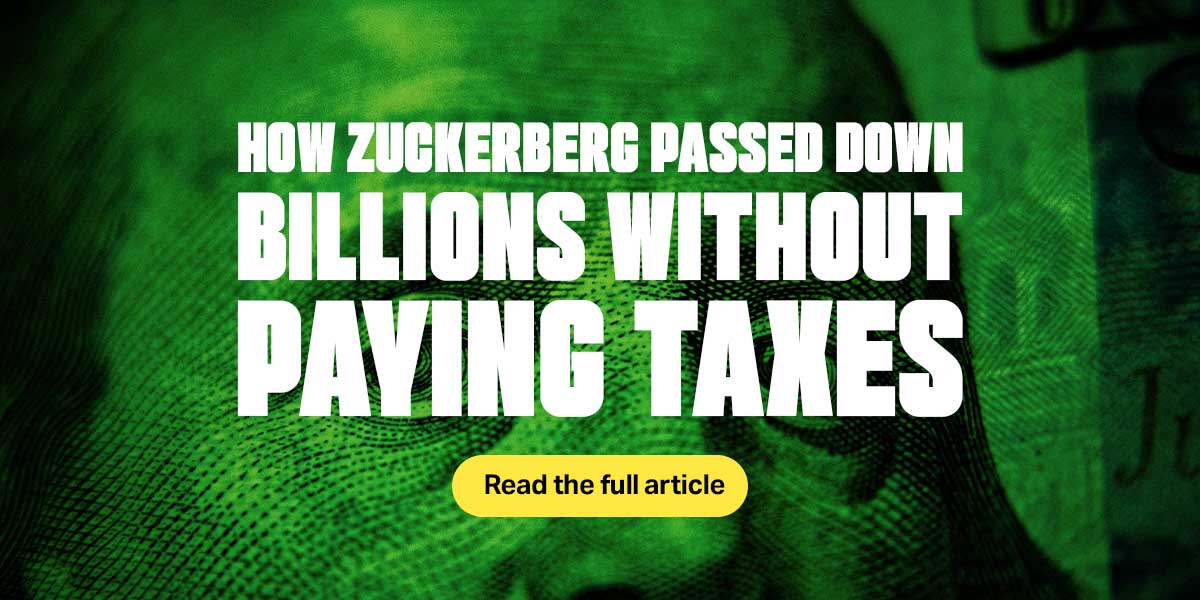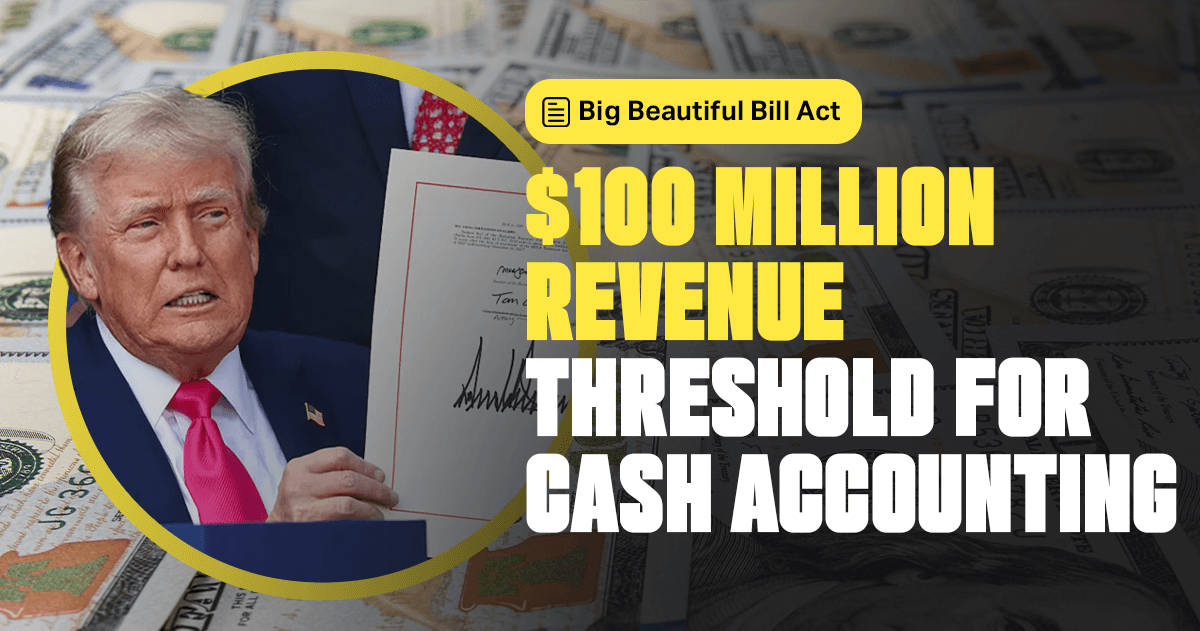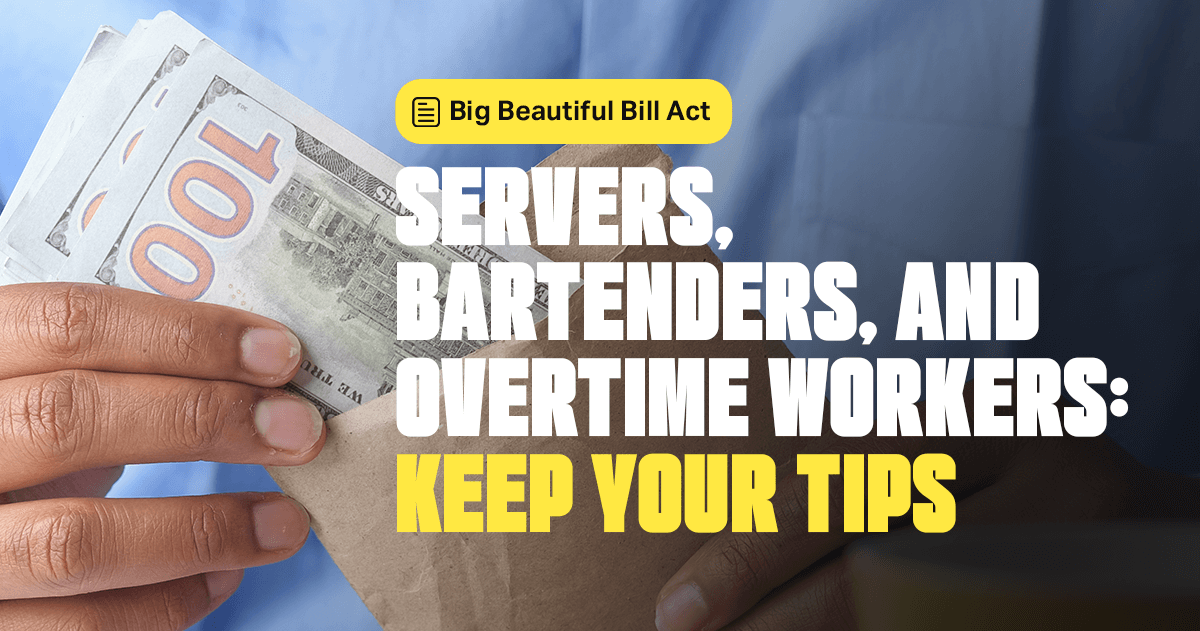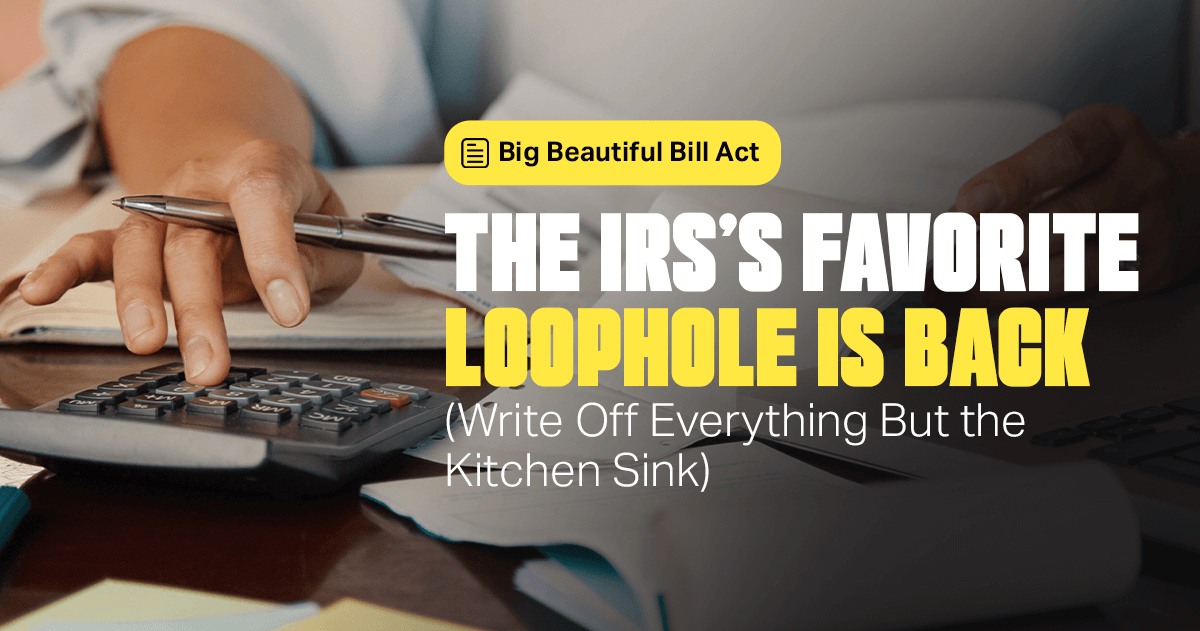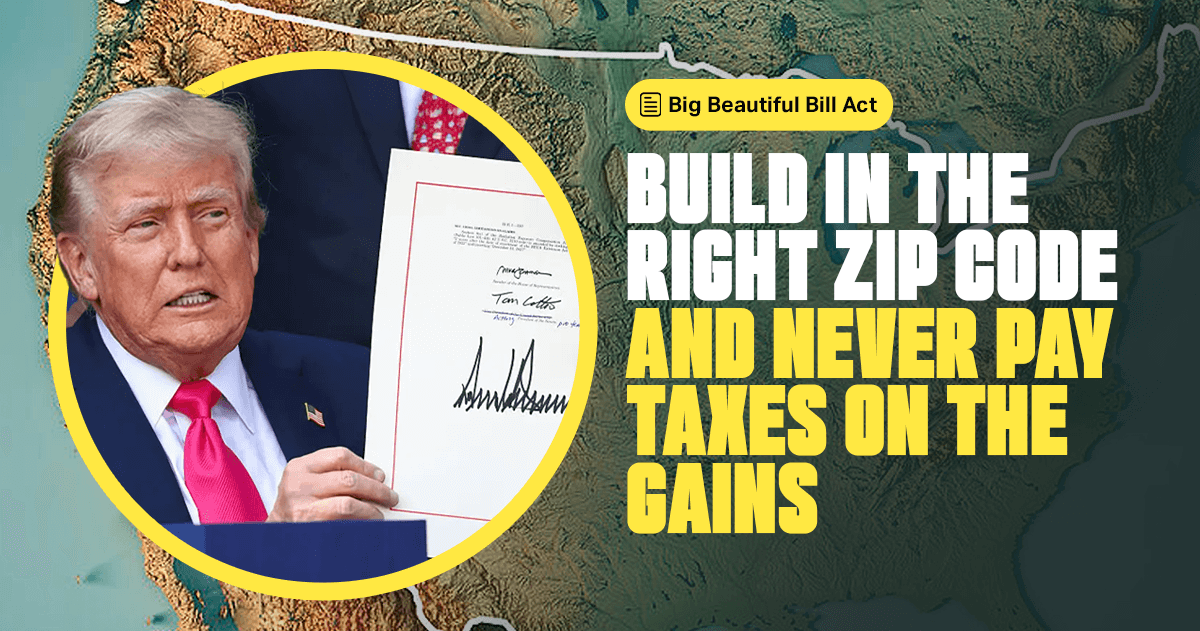You know what’s insane? For the last few years, if you spent money trying to invent the next big thing, the government made you spread that deduction out over five years like you were buying a damn timeshare.
I’ll never forget talking to this guy who runs a small tech company. Smart dude, but he was getting crushed by the tax code. He’d spent $200,000 developing a new software platform—hired programmers, bought equipment, paid for testing, the whole nine yards.
His accountant tells him, “Good news! You can deduct $40,000 of that this year.”
“What about the other $160,000?”
“You’ll get to deduct that over the next four years. You know, assuming you’re still in business.”
This guy’s looking at a massive tax bill while sitting on expenses that should have wiped it out, but Uncle Sam decided innovation should be punished with shitty timing.
I didn’t grow up on the right side of money, so when the government tells entrepreneurs they have to wait five years to deduct money they spent this year on research and development, that feels like getting kicked in the teeth while you’re already down.
But here’s the beautiful part—Trump’s Big Beautiful Bill just said “screw that noise” and brought back immediate R&D expensing.
If you’re spending money to create something new, you can deduct it immediately. Not over five years. This year. All of it.
And let me tell you why this matters more than you think.
See, most people hear “research and development” and they picture some guy in a lab coat mixing chemicals. That’s not what we’re talking about. R&D is any money you spend trying to figure out how to make something better, faster, or different.
You’re a restaurant owner testing new recipes? That’s R&D. You’re a contractor figuring out a better way to install roofing? R&D. You’re a software developer building a new app? Definitely R&D. You’re a manufacturer improving your production process? You guessed it—R&D.
The key word here is “domestic.” The money has to be spent on research happening in the U.S. They’re not going to let you deduct money you spent outsourcing innovation to some lab in China. This is about encouraging American innovation with American tax benefits.
How many of you have been putting off that product development project because the tax implications made it feel impossible? How many brilliant ideas are sitting on shelves because the old rules made innovation feel like financial suicide?
You see what I mean?
This isn’t just about saving money on taxes—this is about removing the biggest barrier between entrepreneurs and breakthrough innovation.
Think of it like this: Let’s say you make $300,000 this year and you’re about to write Uncle Sam a check for $105,000. But instead of just accepting that, you decide to spend $150,000 developing that product idea you’ve been sitting on. Under the new rules, you can deduct that entire $150,000 this year. Your taxable income drops to $150,000, and your tax bill just went from $105,000 to about $52,500.
The math ain’t mathin’ if you’re still thinking innovation is something you do after you pay your taxes.
But here’s what separates the smart money from everyone else—they understand this isn’t about spending money just to get a deduction. This is about accelerating investments in your future that you should have been making all along.
My tech guy? He’s already planning his next development cycle. That $200,000 he couldn’t fully deduct before? This year he’s spending $400,000 on R&D, and every dollar of it is coming off his tax bill immediately. Meanwhile, he’s building products that are going to generate revenue for the next decade.
This isn’t just about money, though. This is about keeping American innovation in America. When you make it expensive and complicated to develop new products here, guess what happens? Companies take that work overseas where it’s cheaper and easier.
But when you make it profitable to innovate at home? Magic happens. People start taking risks again. They start dreaming bigger. They start building the future instead of just managing the present.
I’m not doing this for applause, but I’ve seen too many good ideas die because the person who thought of them couldn’t afford to develop them. They’re stuck in that financial hamster wheel where every dollar goes to keeping the lights on instead of building something that matters.
Money is a game, and immediate R&D expensing just gave innovators back one of their most powerful pieces.
You create ideas, you invest in development, you deduct what the law encourages, and you multiply what matters most—American innovation, your competitive advantage, and your ability to build something that changes the game.
So here’s my challenge: Stop thinking like someone who’s grateful for whatever’s left after the government takes their cut. Start thinking like someone who understands that when the tax code rewards innovation, it’s because they want more innovation.
The shoebox mentality says “pay your taxes and hope you can afford to innovate later.” The R&D mentality says “innovate now and let the tax savings fund the next breakthrough.”
Which innovator are you going to be?







